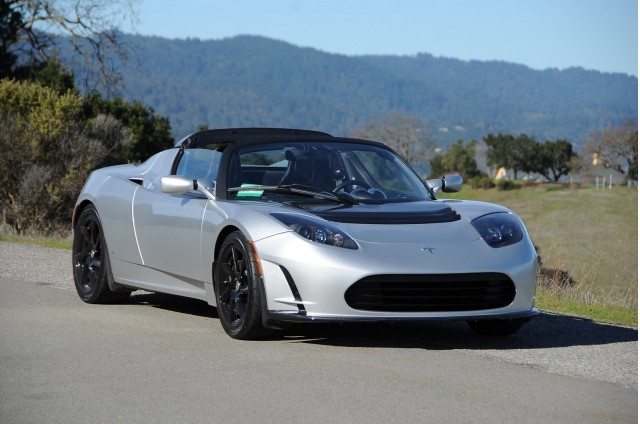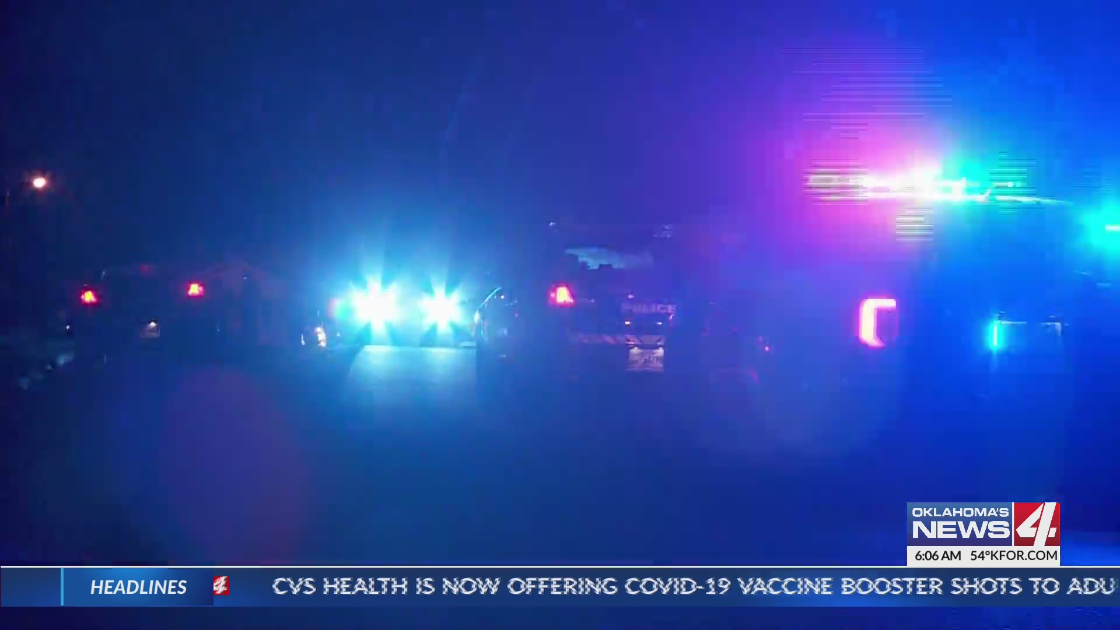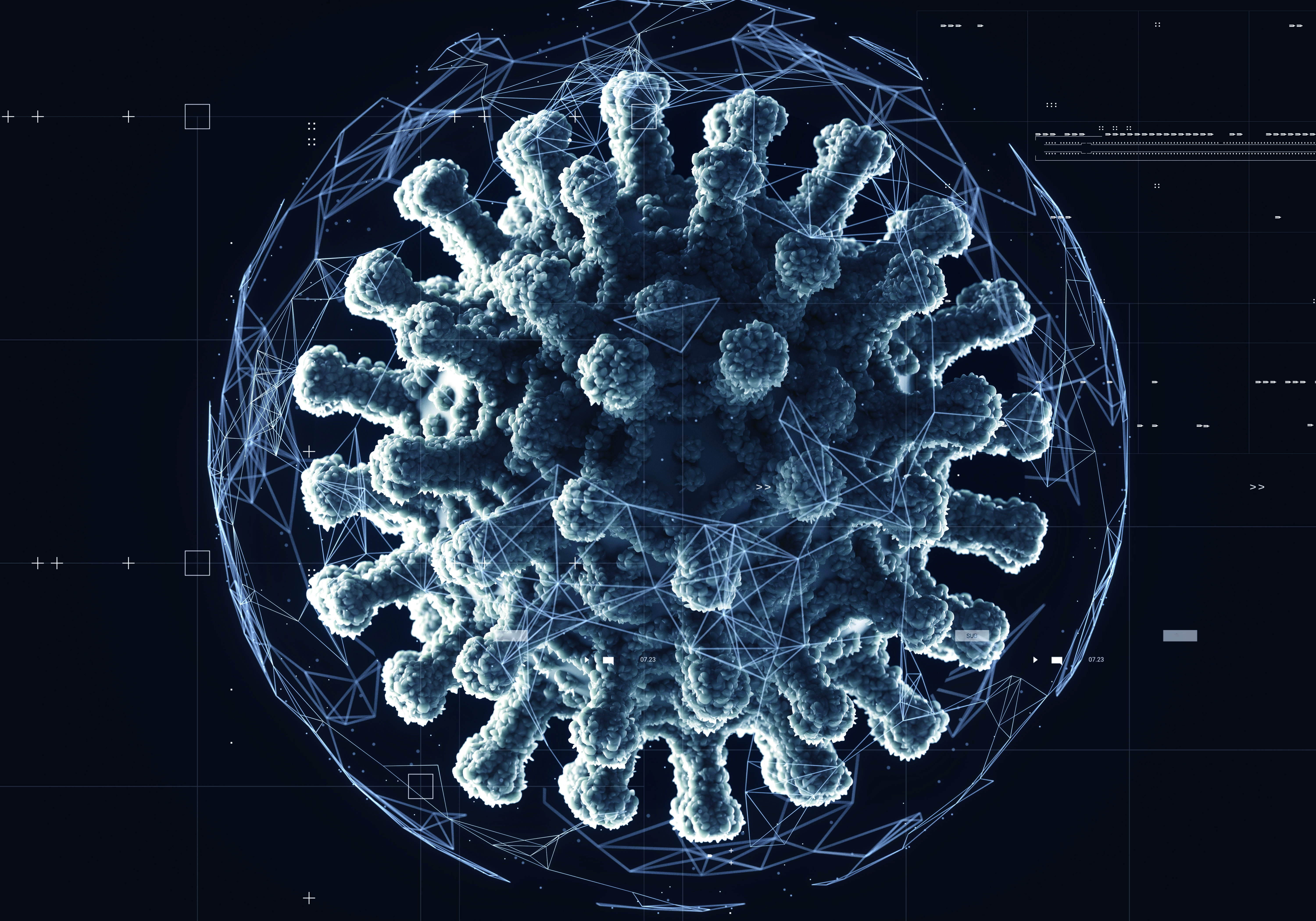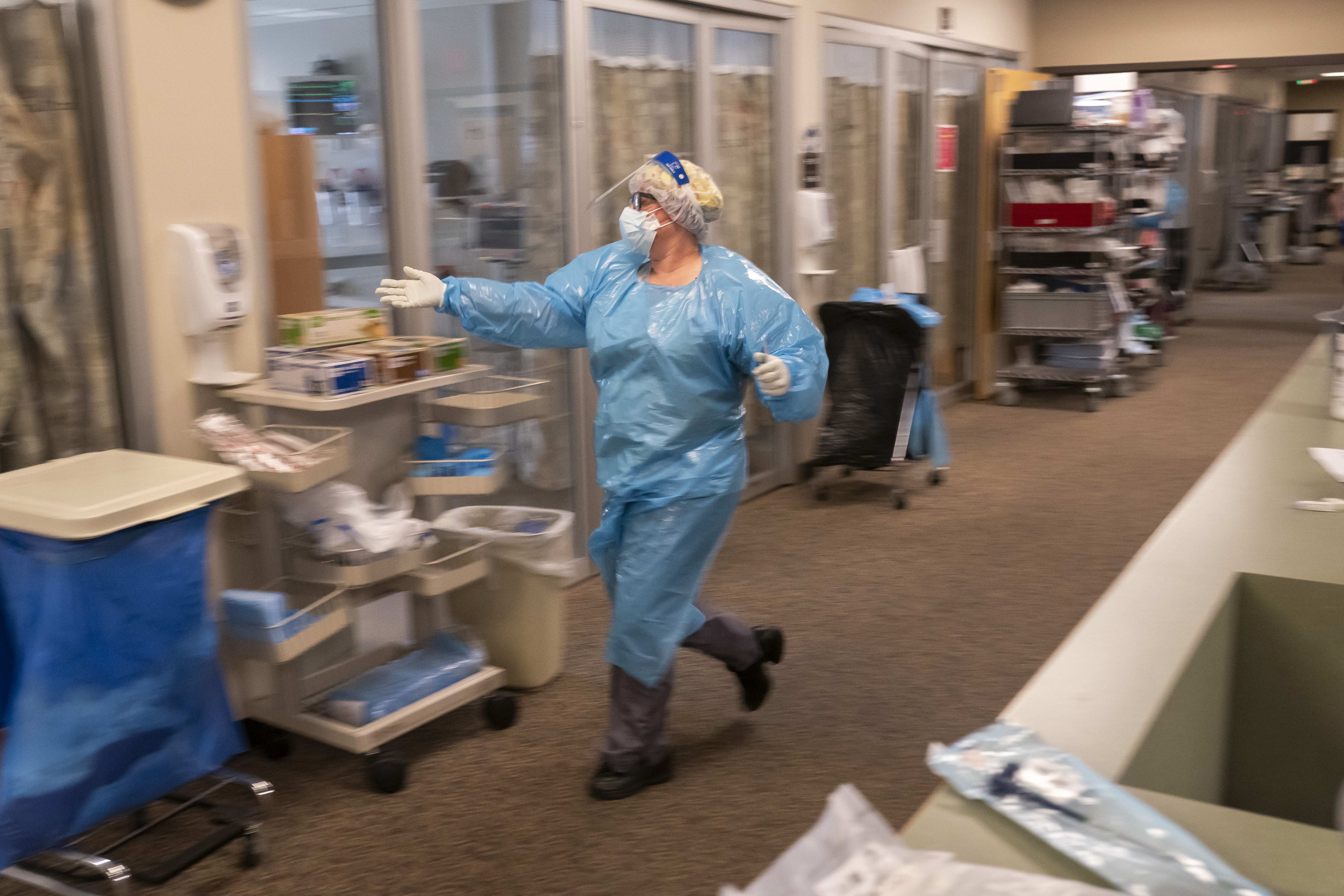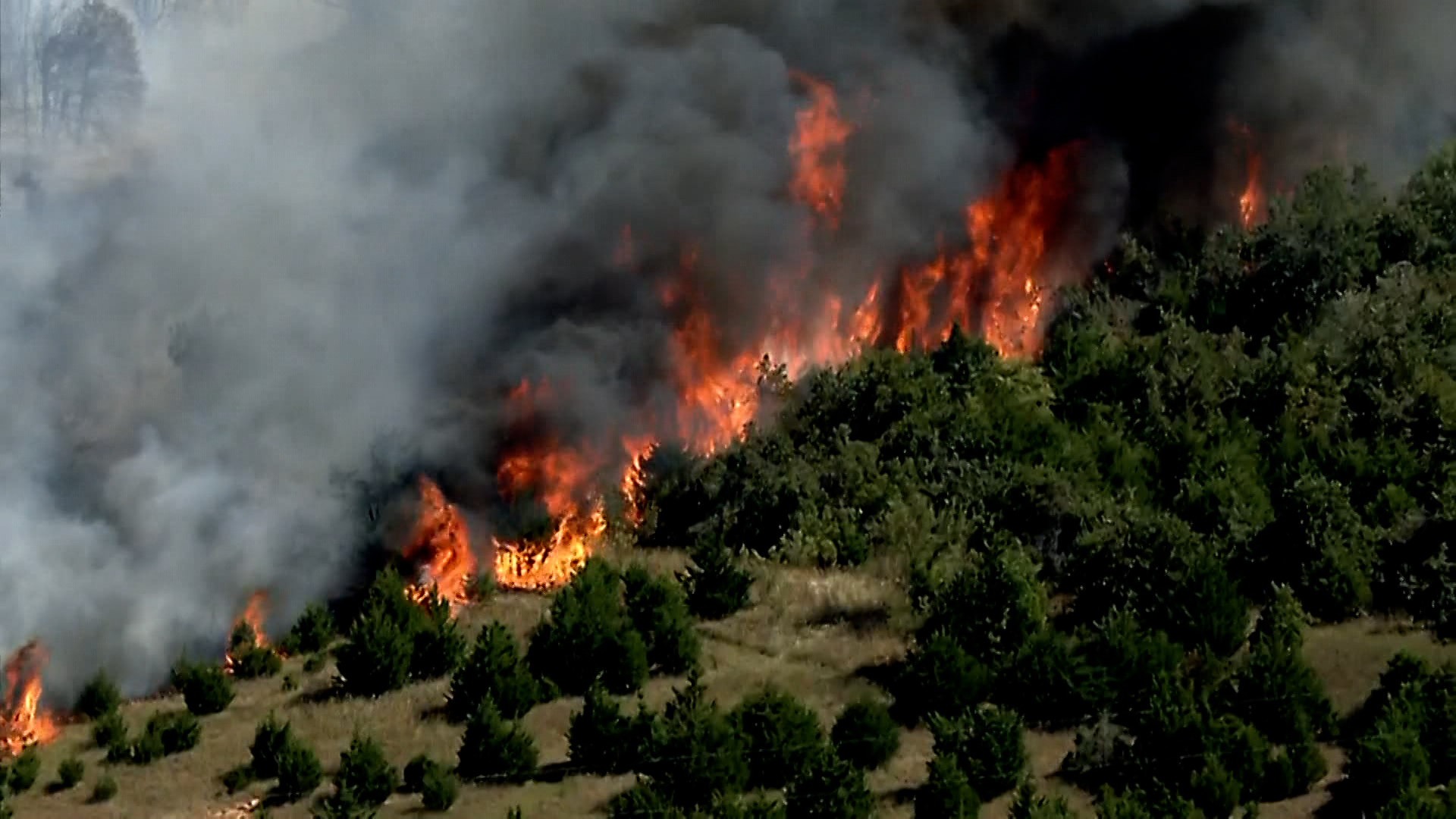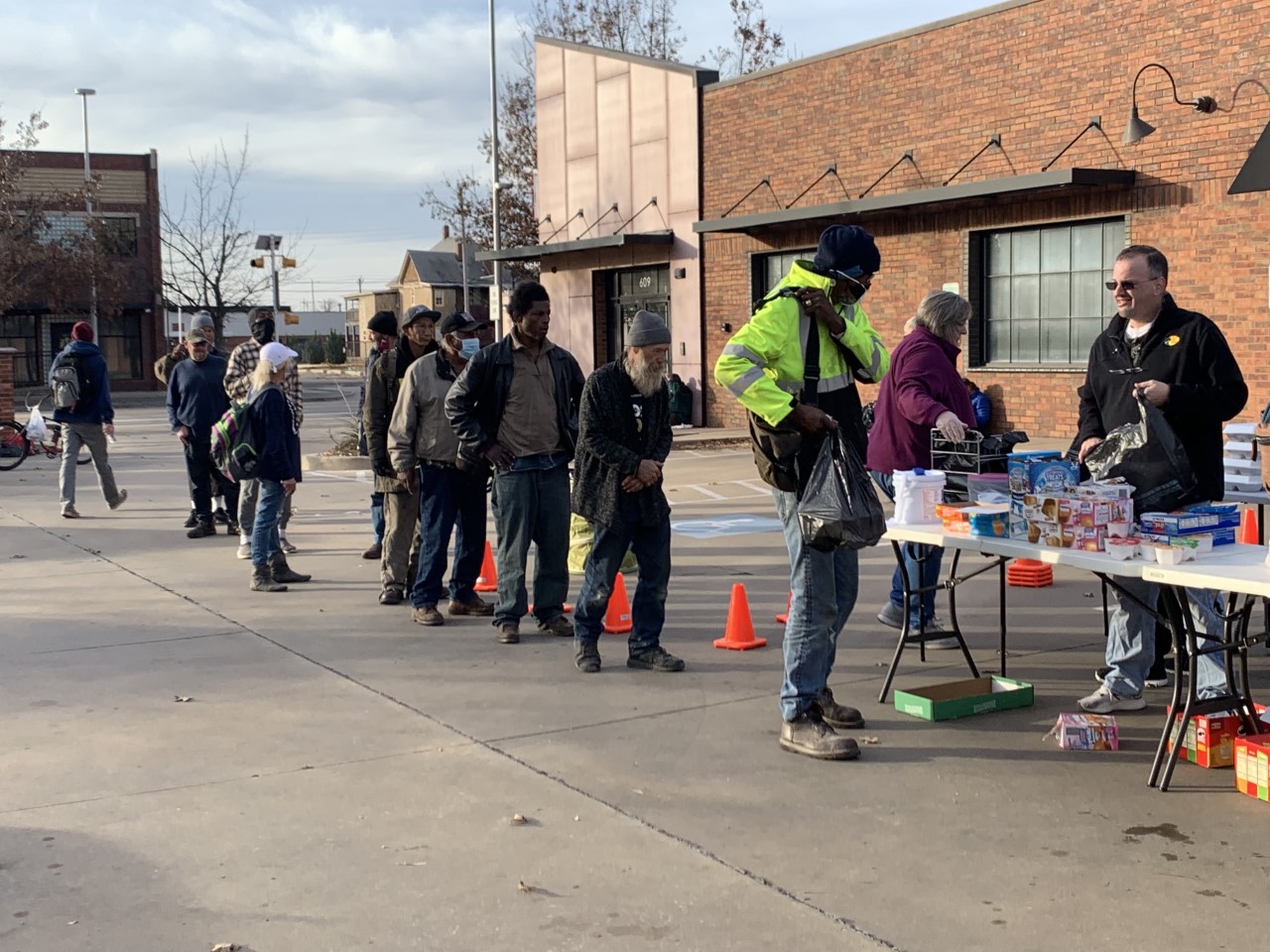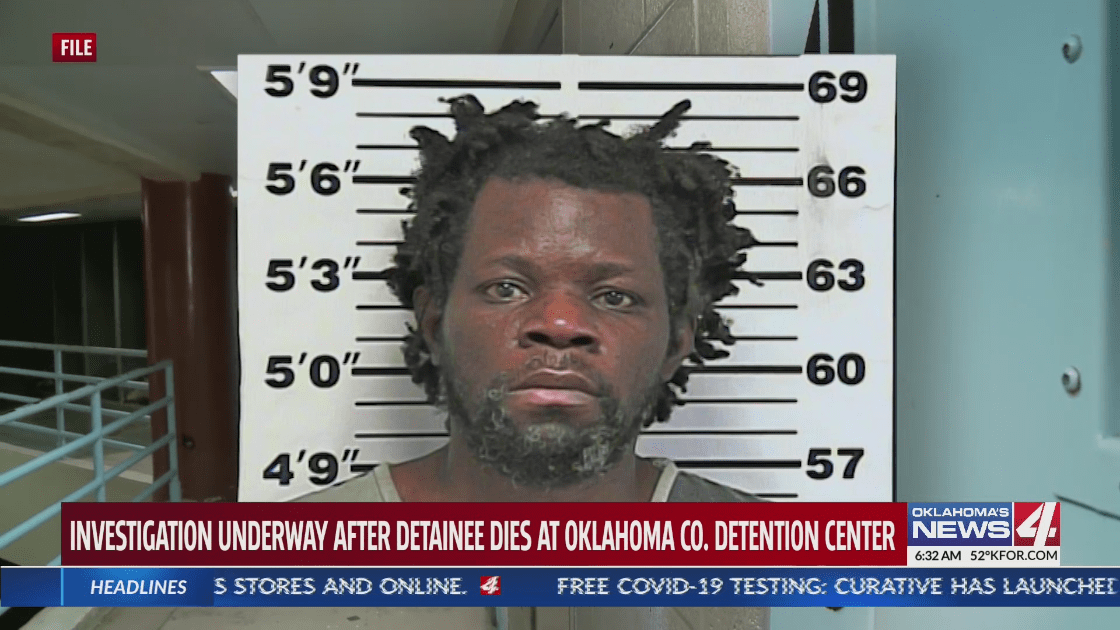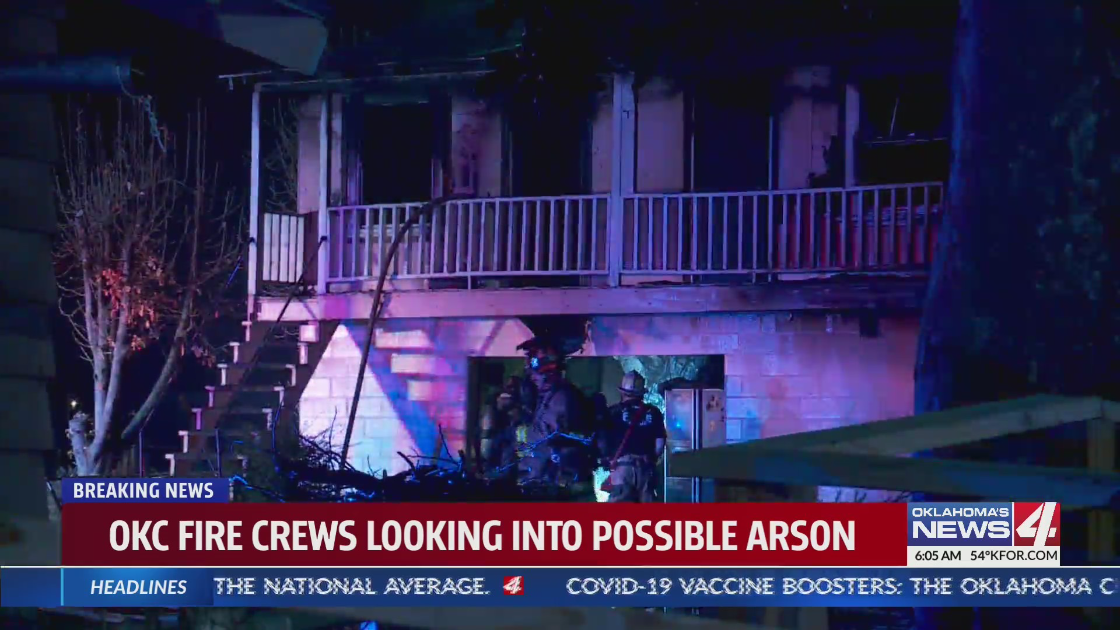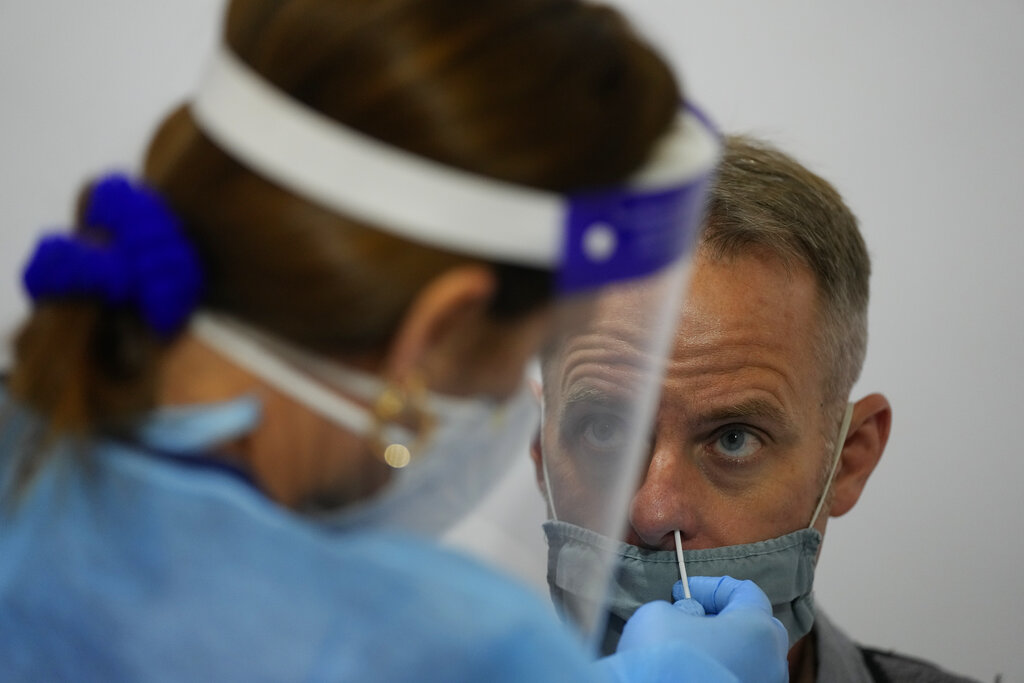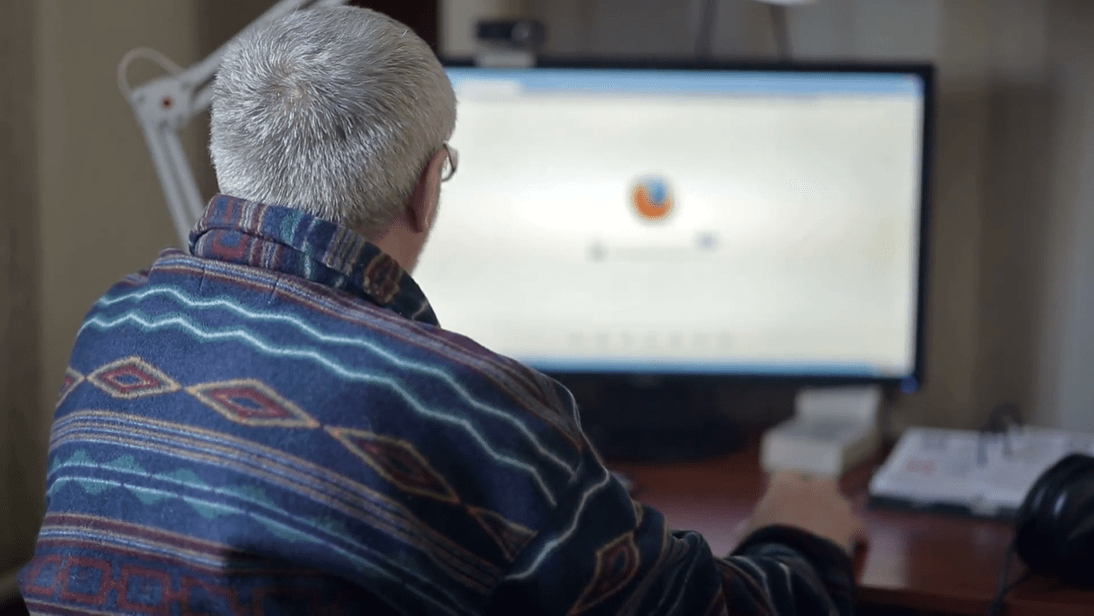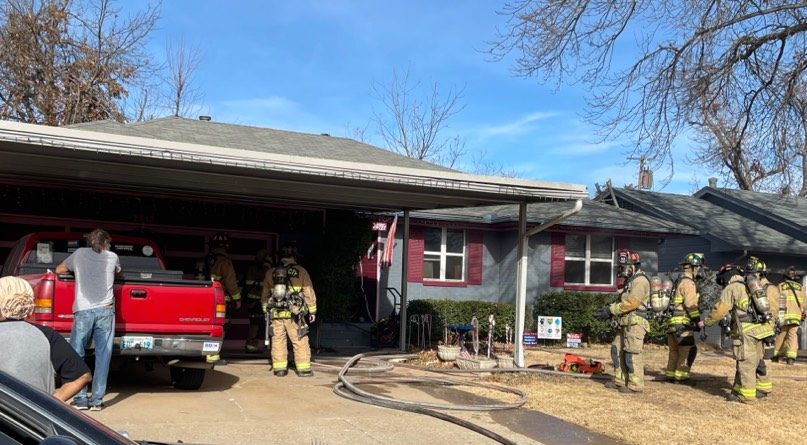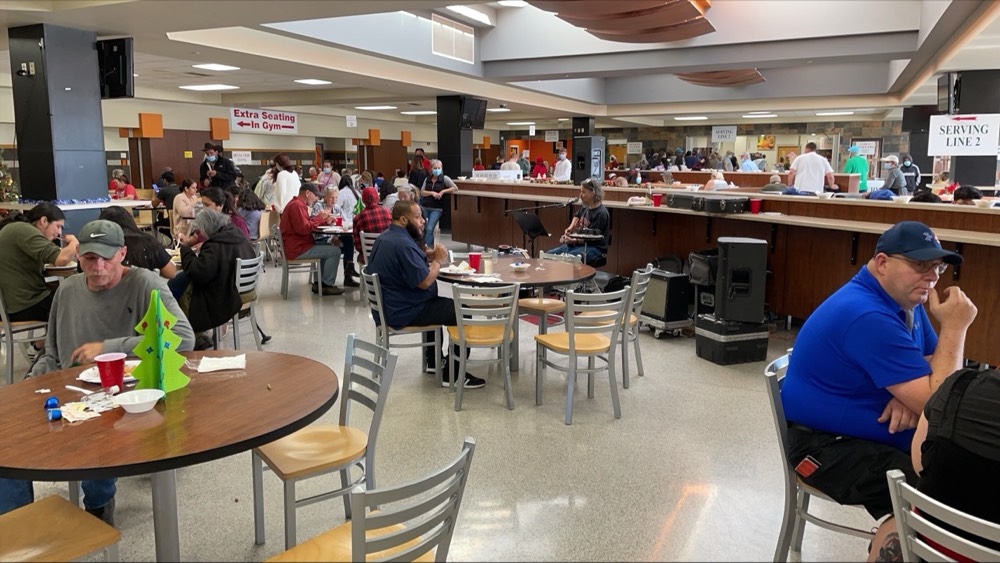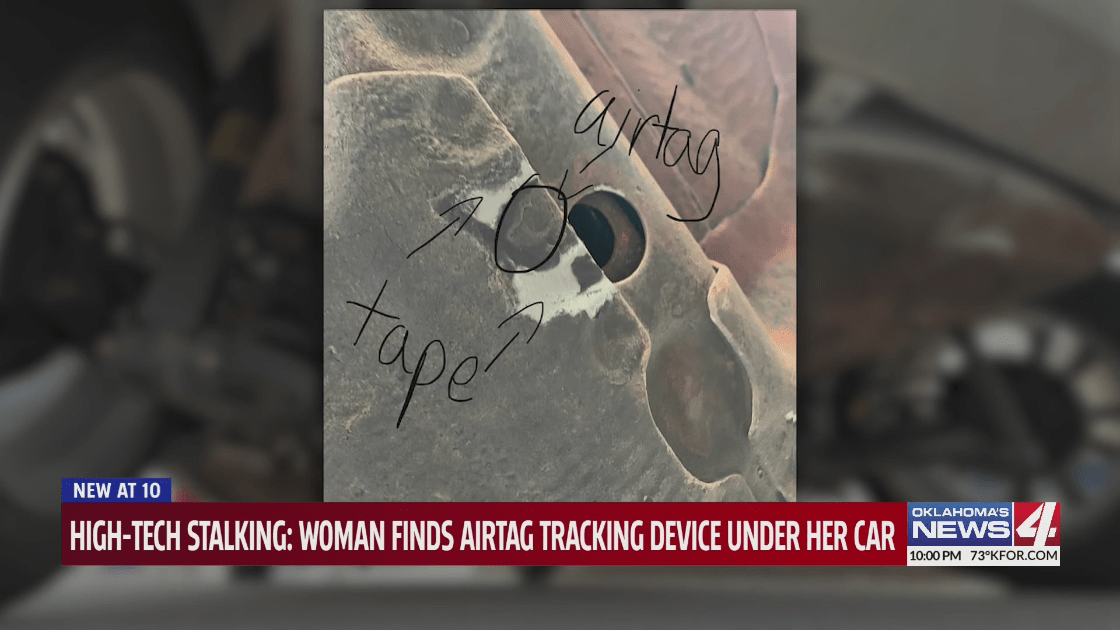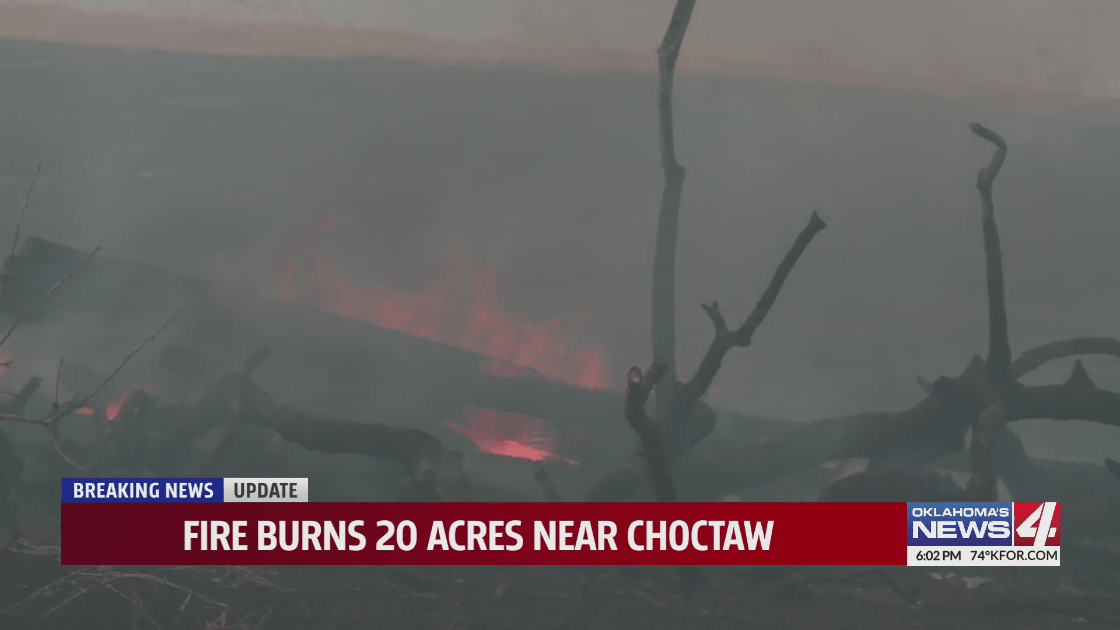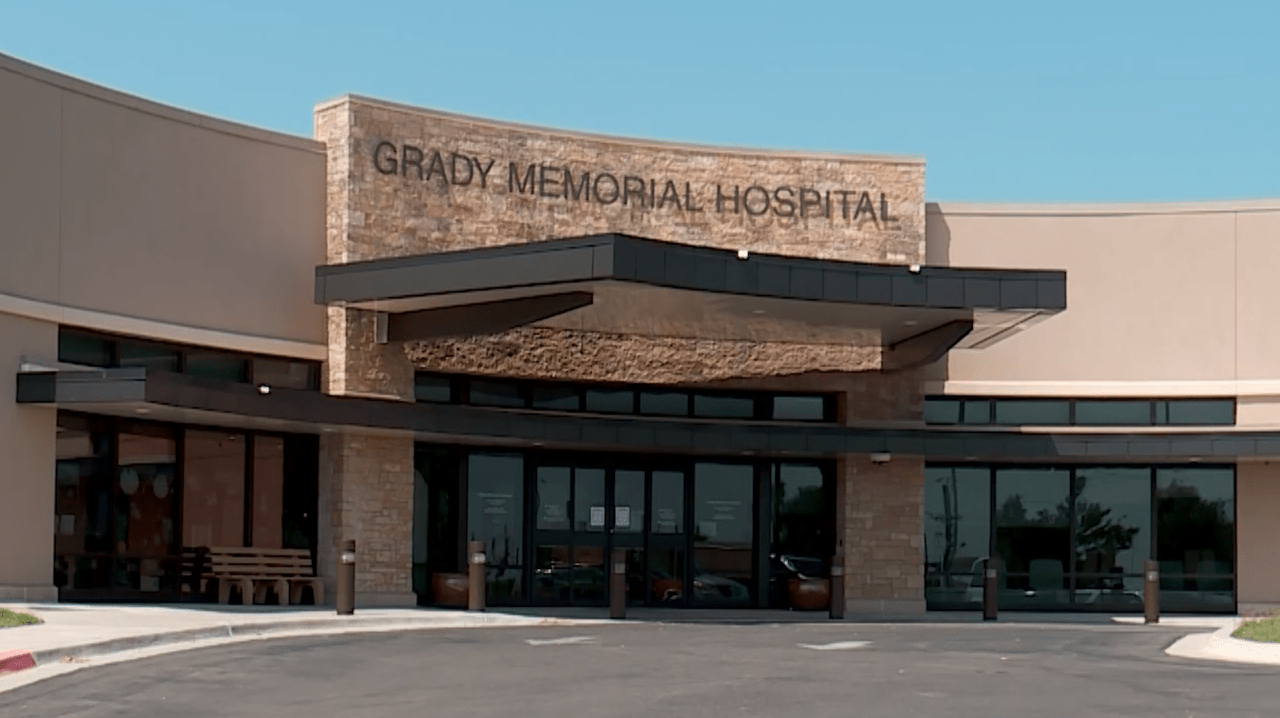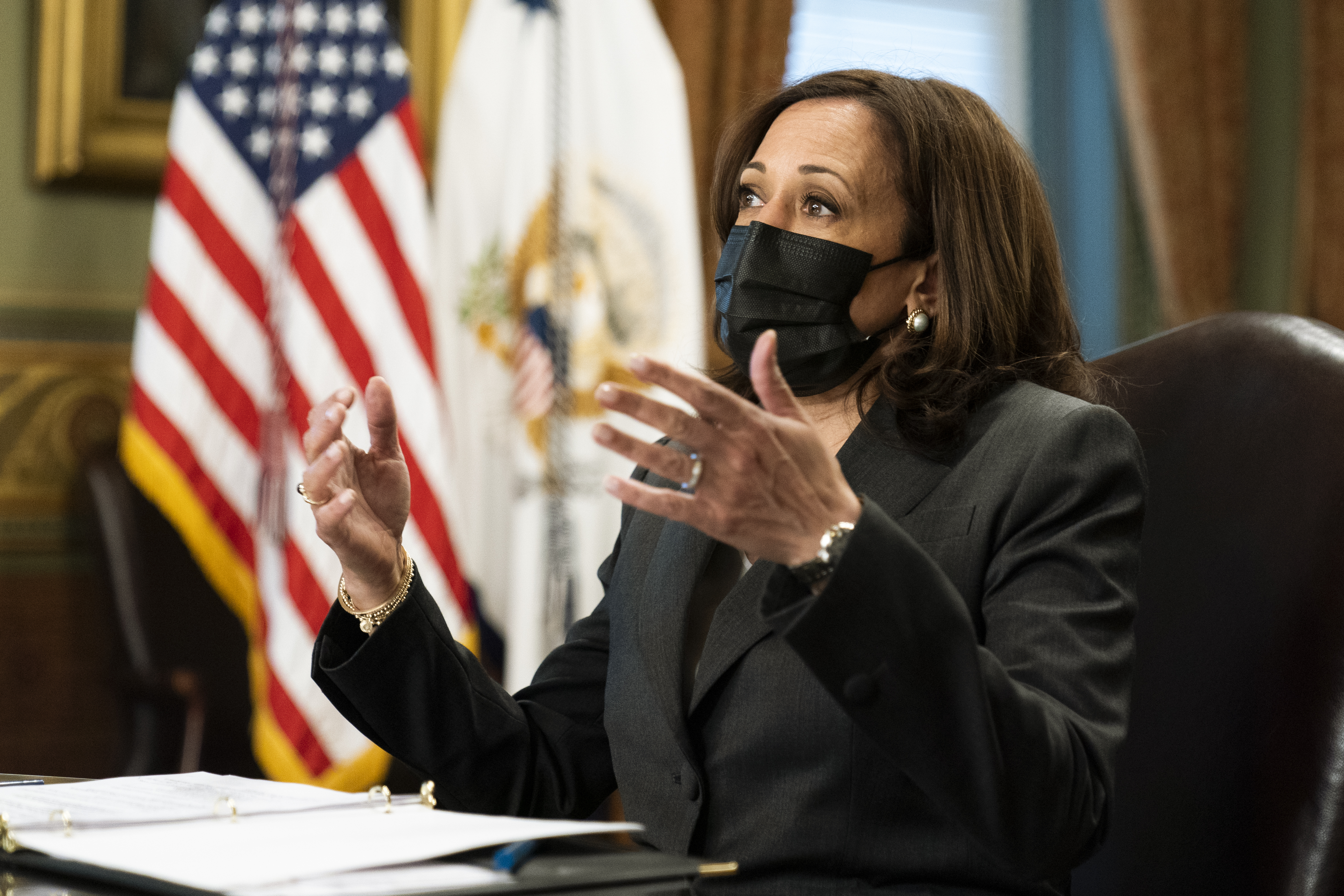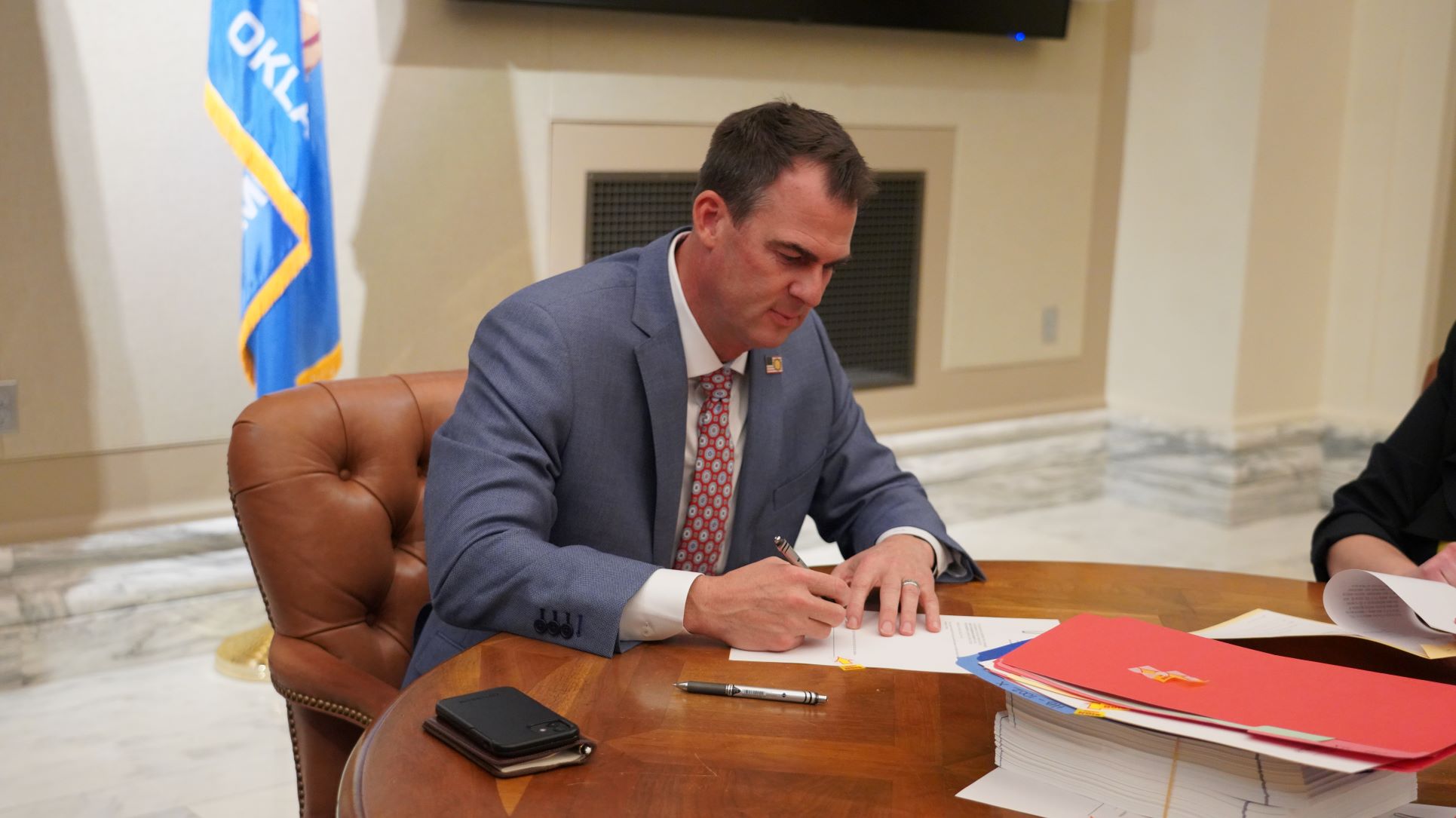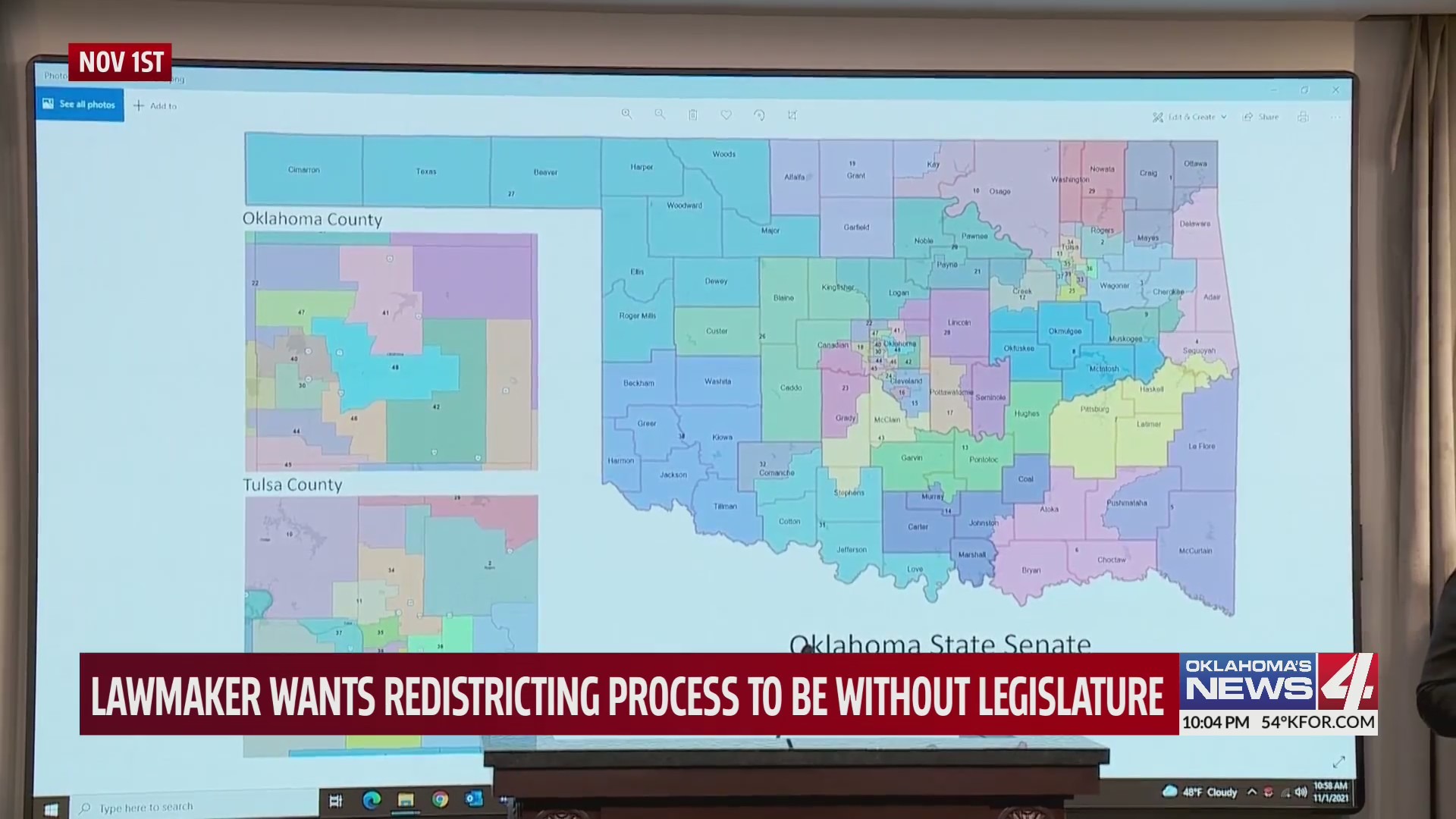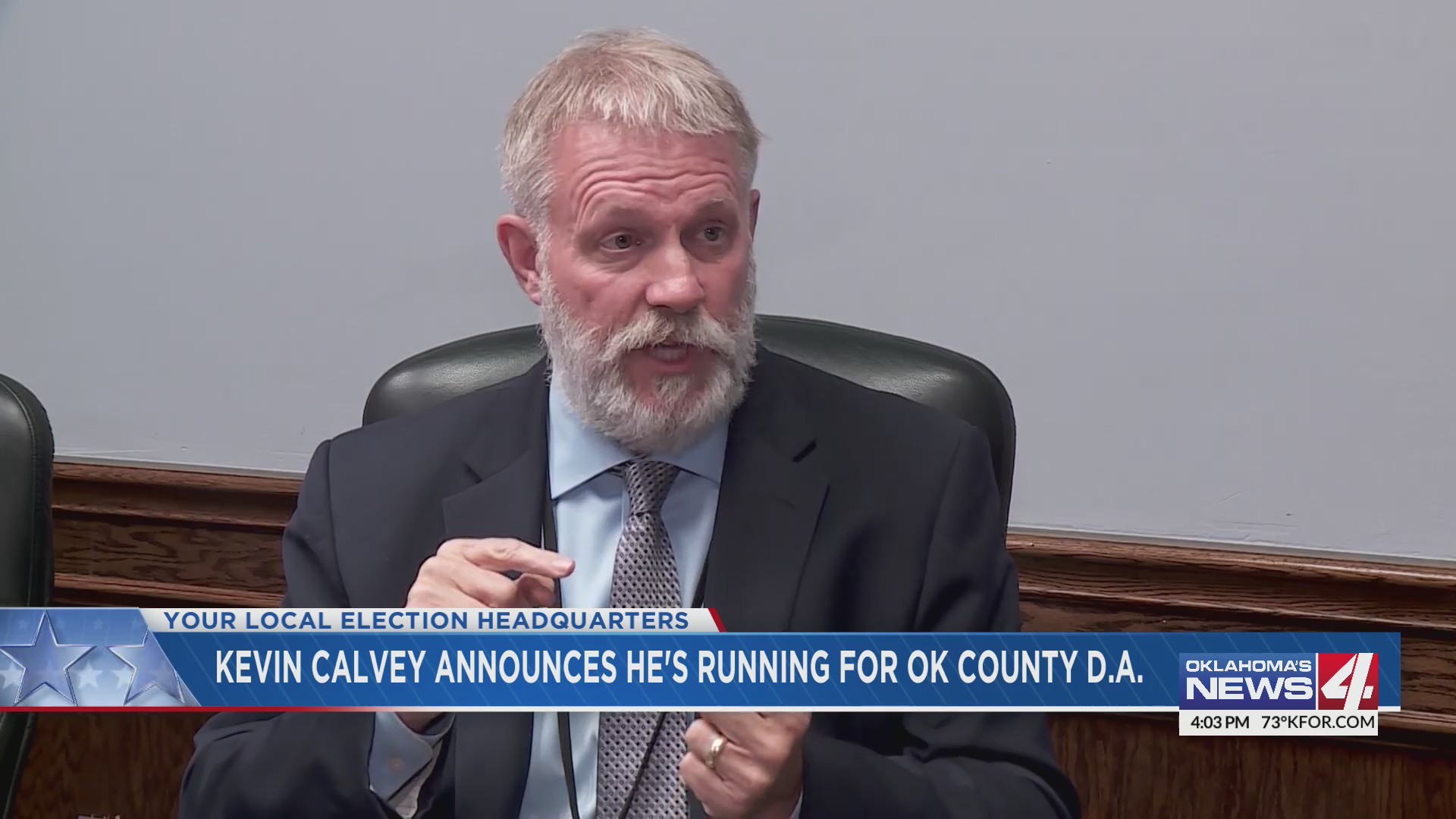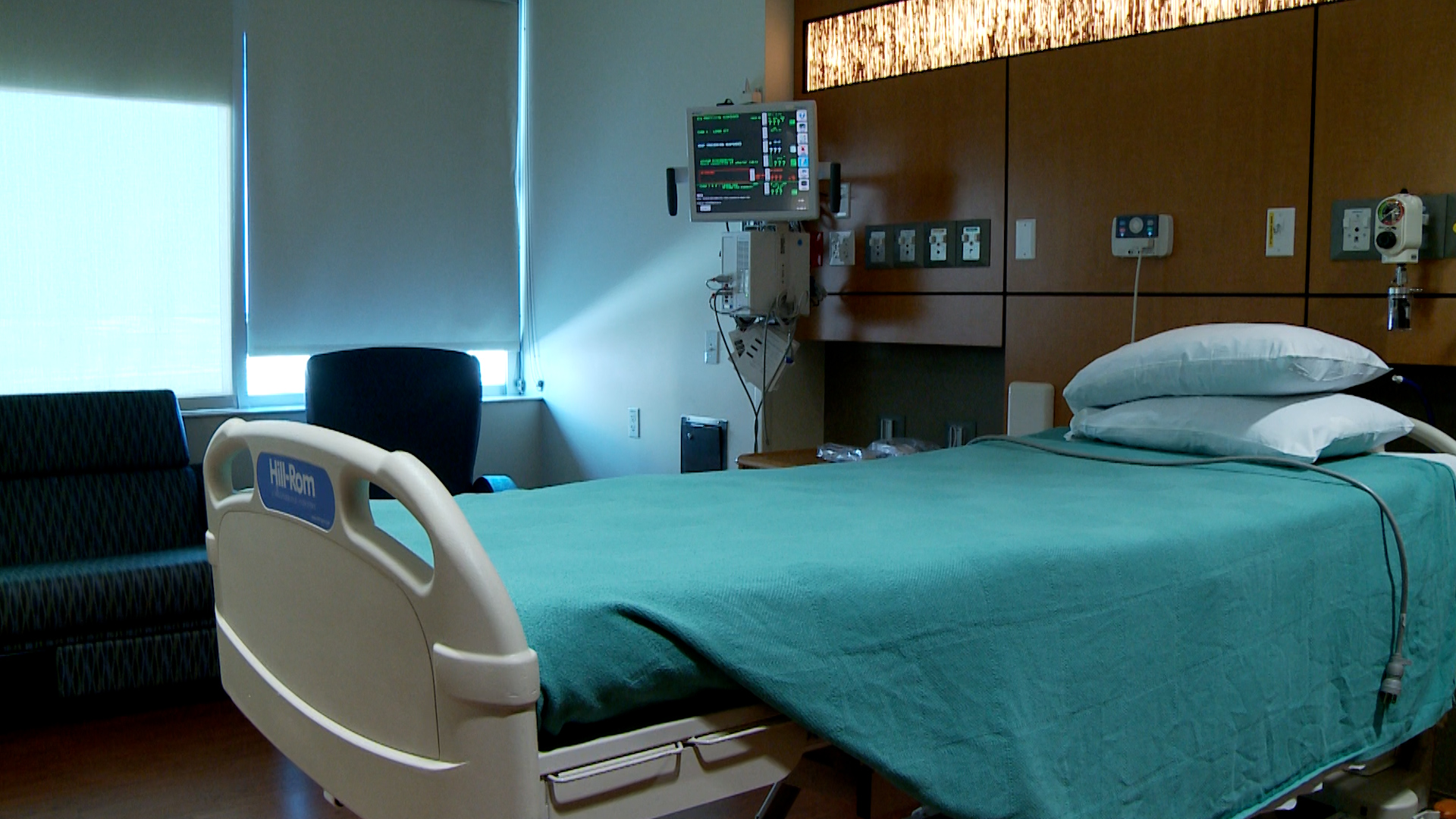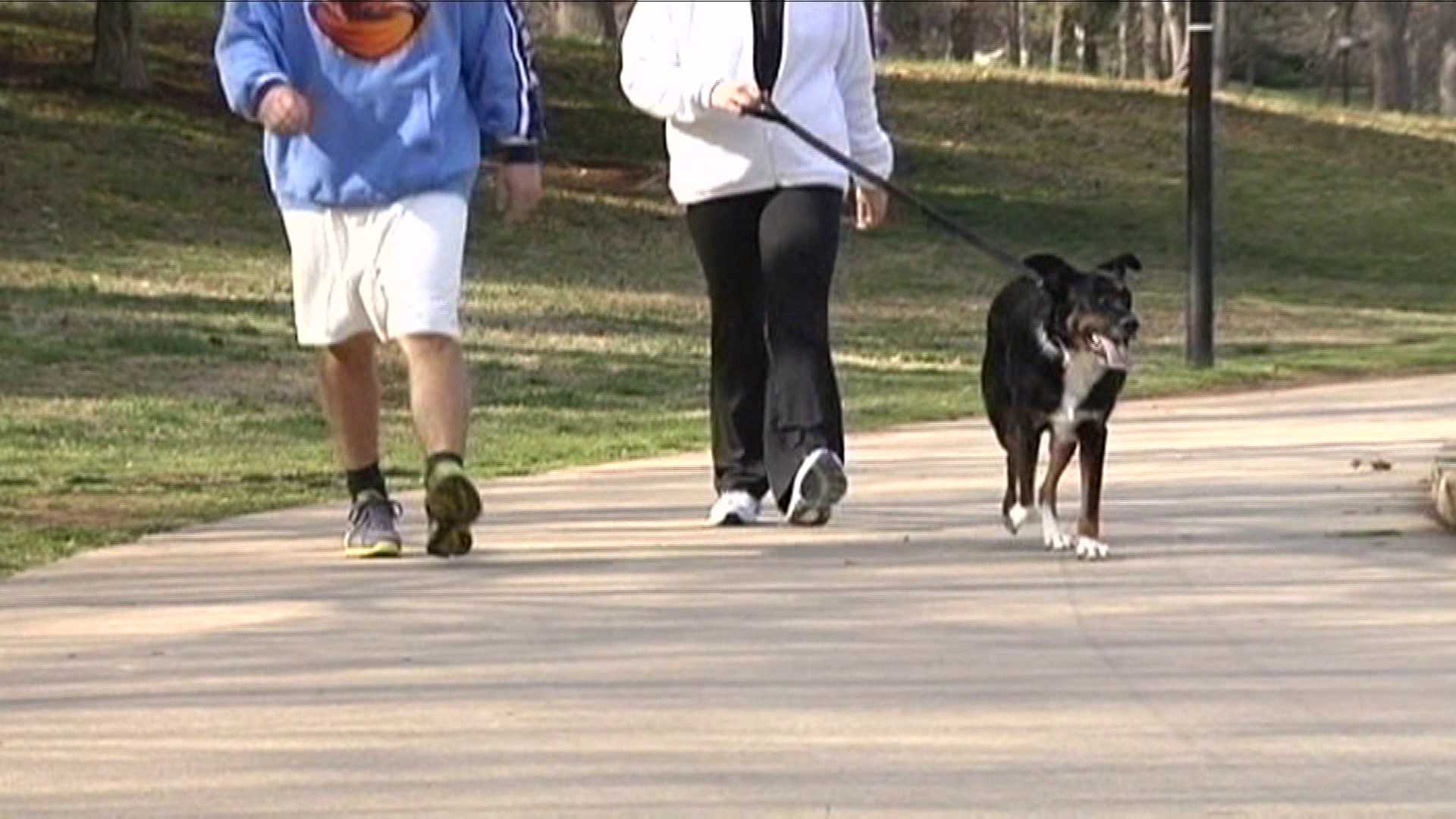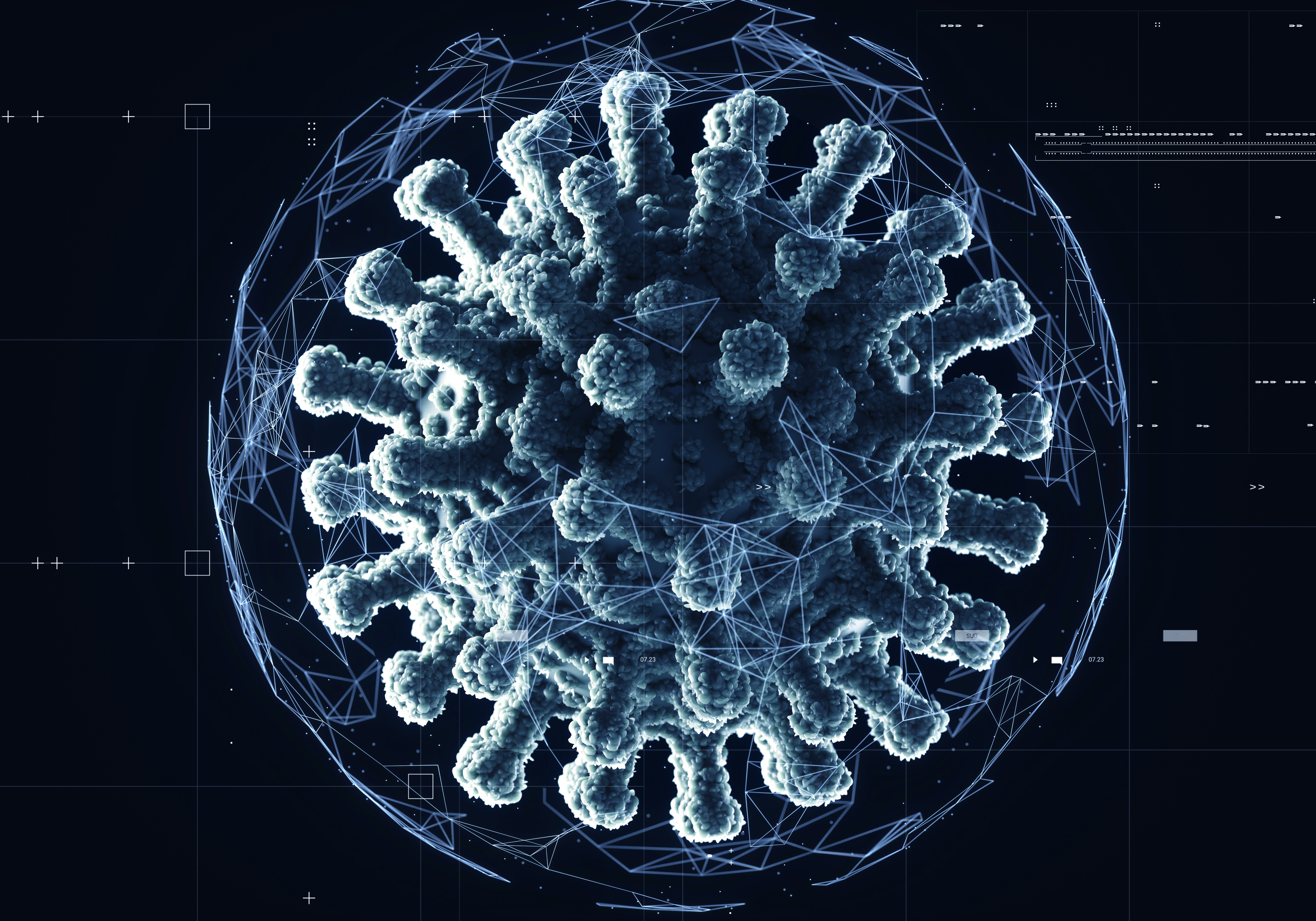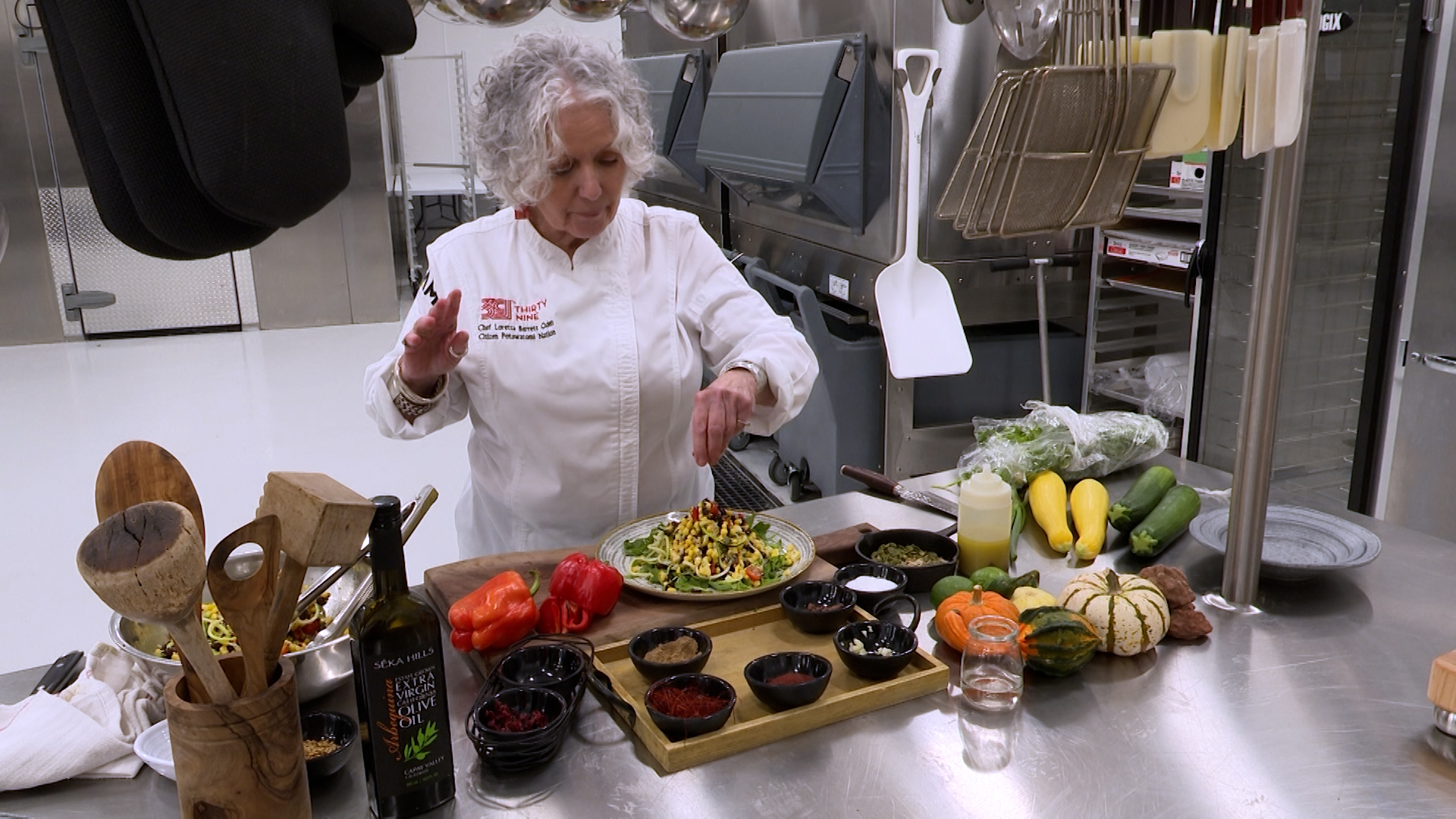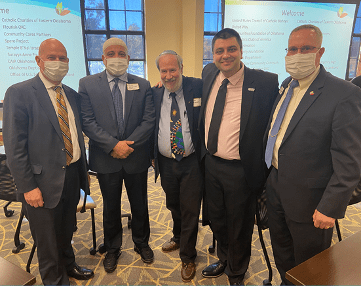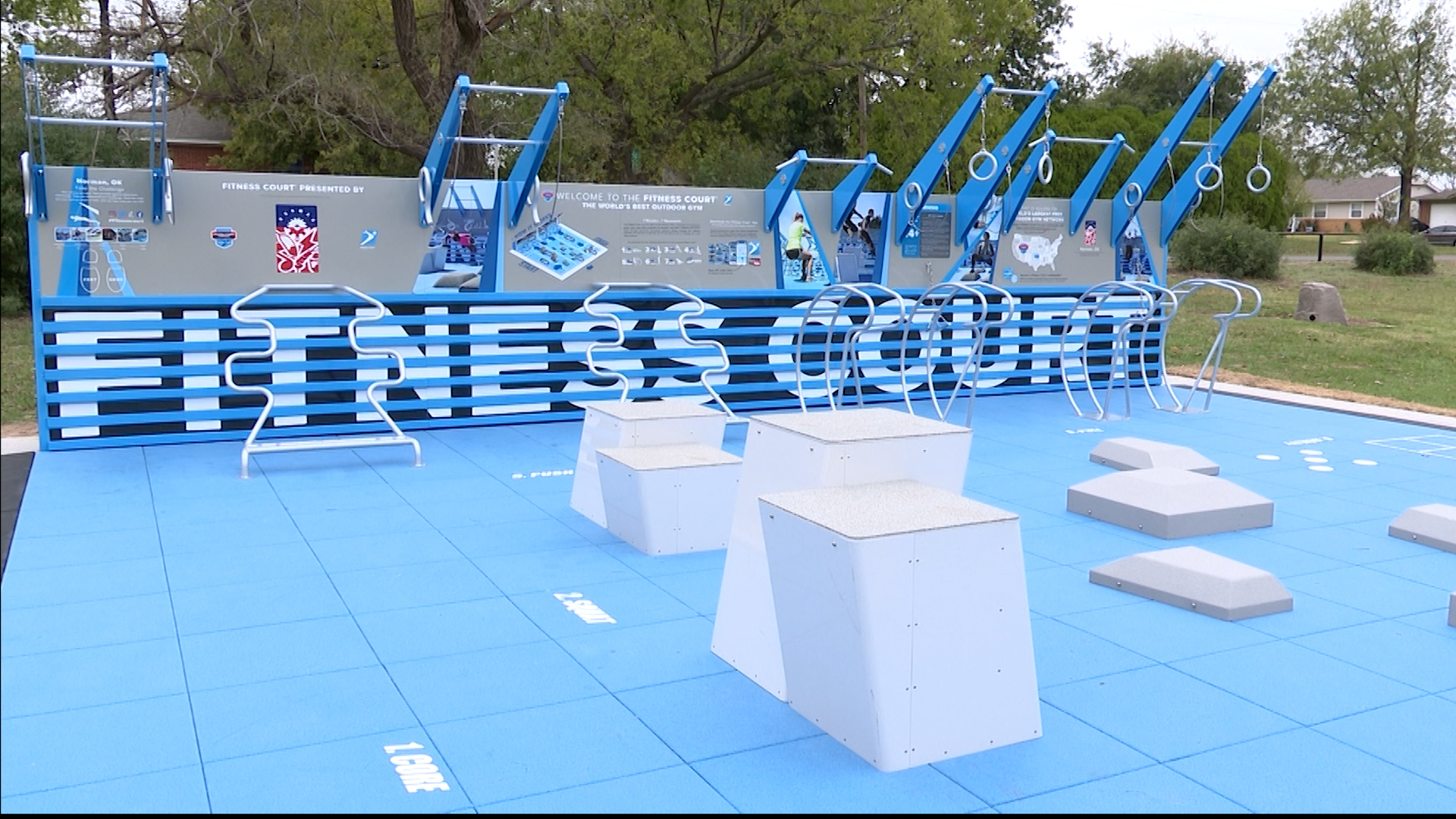Correction: There was a duplication of words in one sentence which has been fixed.
OKLAHOMA CITY – After a series of violent tornadoes ravaged the Mississippi Valley late Friday night, some are wondering if tornado alley is starting to shift. However, meteorologists who News 4 spoke with say there are too many uncertainties to know.
“I’ve never seen a supercell like that travel such a long distance and so persistently,” Said Dr. Howard Bluestein, research professor at the OU School of Meteorology. “Usually, when you see those, they go on for maybe 15-20 minutes, half an hour, maybe a little bit more, but this just kept on going.”
Dr. Bluestein watched closely late Friday night as a series of violent, deadly tornadoes ravaged parts of Arkansas, Mississippi, Missouri, Tennessee, Illinois and Kentucky.
Miles and miles of homes were destroyed in Kentucky and a candle factory was flattened.
Kentucky Governor Andy Beshear announced Monday that at least 74 people were killed during “the worst tornado event” in the state’s history.
“That was a real tragedy. I was following on my cell phone looking at the radar from Kentucky,” Dr. Bluestein said.
Many are now wondering if tornado alley is starting to shift.
“This outbreak that we had on Friday that was highly unusual,” Said Dr. Bluestein. “It’s really not possible to say for certain that the center of tornado activity is shifting from one part of the country to another.”
The 4Warn Storm Team’s Chief Meteorologist, Mike Morgan, agrees.
“I would offer to you especially here in Oklahoma that tornadoes are really generated by two things, meteorology and geography, and geography is the Gulf of Mexico and the Great Plains and the Rocky Mountains and those haven’t and will never move,” Morgan said.
“We did have a very quiet year last year in Oklahoma but we also had a very unusual October when we had a lot of storms,” Dr. Bluestein said.

